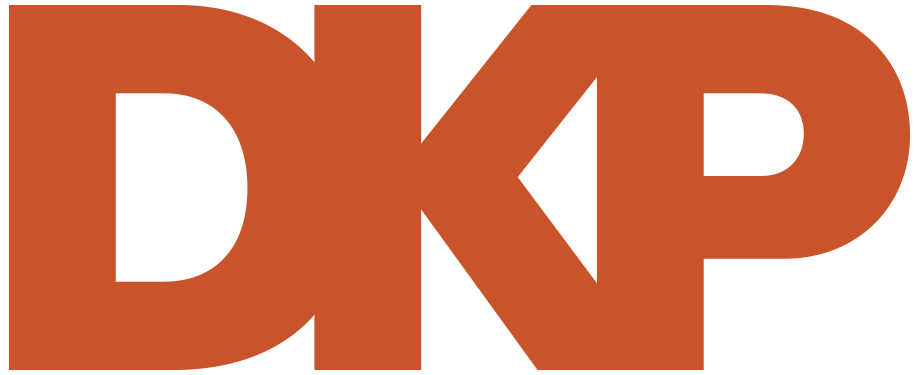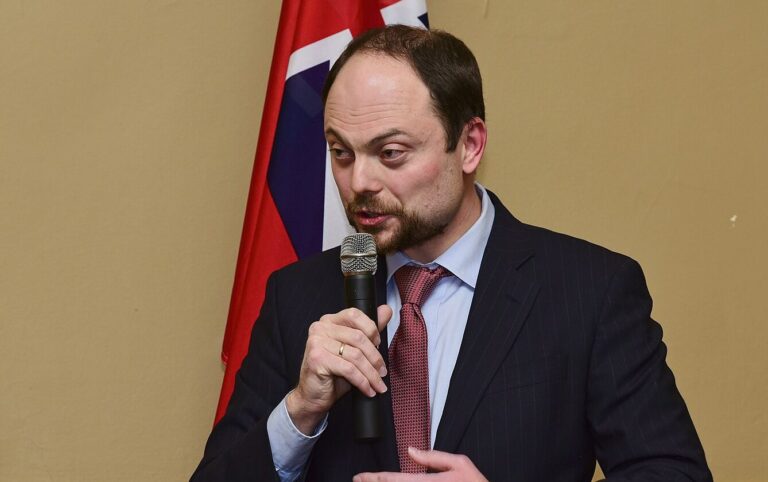IN BRIEF: AUGUST 5, 2024
Stories from the past week relevant to the threat from authoritarian powers and strategic corruption – and efforts to respond.
Prison swap: The US and Russia exchanged 24 prisoners on Thursday 1 August, in the largest prisoner swap in post-Soviet history. Those released to the US included Americans Paul Whelan and Wall Street Journal reporter Evan Gershkovich, as well as prominent Russian-British activist Vladimir Kara-Murza. Not released was jailed teacher Marc Fogel. In exchange, the US and its allies traded a number of Russian spies and agents, including assassin Vadim Krasikov, who had been jailed in Germany. Although the deal raises the perennial concern of incentivizing Russian hostage taking and underlines the dangers facing any US citizen entering Russia, especially journalists, the freedom of US citizens and Russian dissidents, some of them held for years, is undoubtedly welcome. President Joe Biden and Vice President Kamala Harris greeted the prisoners, underlining the political optics of the deal, even as Vladimir Putin did the same in Moscow.
Protestors take to streets after Maduro declares victory in disputed elections, in crucial test for sanctions: After trailing his chief opponent by over 30% in polling ahead of 28 July presidential elections, Venezuela’s President Nicolás Maduro was declared the victor by the National Election Council Monday, 29 July with 51% of the vote, sparking widespread and lethal protests. The opposition has also declared victory, and outside election observers have slammed the official results. US Secretary of State Anthony Blinken announced US recognition of opposition candidate Edmundo González’s victory on Thursday, 1 August. Notably, Hungary has blocked an EU statement highlighting “irregularities” and calling for transparency. The elections have been a crucial test case for the coercive power of US sanctions. As a report published by the Washington Post last week described, Trump-era sanctions on Venezuela’s state oil company exacerbated the country’s economic collapse, leading to tremendous human suffering and a massive migration crisis. The Biden administration lifted sanctions in 2023 based on assurances of a free and fair 2024 election These were reimposed in April after the primary opposition leader was barred from running in January. With the final outcome still in doubt, Venezuelans and the US Treasury officials in charge of sanctions are no doubt watching closely to see whether Maduro will hold on to power through what by all appearances is a brazen electoral theft.
Russia authorizes crypto for foreign trade, as Western sanctions regimes claim a win over r LNG-2: Russian lawmakers passed a bill Tuesday, 30 July that formally authorizes firms to use cryptocurrency in international payments, in an effort to evade US and allied sanctions leverage over the international banking system. Those sanctions have scored some small (with an emphasis on small) wins recently: the Guardian reported Monday, 29 July that the UK National Crime Agency (NCA) had recovered over £750,000k from sanctioned Russian businessman Petr Aven. On the other side of the pond, it was reported on 26 July that Boston-based financial services firm State Street Corporation had agreed to a US$ $7.5 million settlement with the US government over a subsidiary’s pre-2022 transactions with clients that were majority-owned by sanctioned Russian banks. More importantly, sanctions are taking their toll on the Arctic LNG-2 mega project. As Bloomberg reported 29 July, the facility’s throughput in June was about half of May levels, and the lowest since February. In an effort to keep this flagship project viable, Russia may be building an LNG “shadow fleet” to match its armada of under-insured, sanctions-busting oil tankers, although ship-to-ship transfers on the high seas are much more challenging for LNG than crude oil.
More sanctions designations on Israel and Iran as Middle East heats up:
Amidst a flurry of recent developments in the Middle East conflict – Israeli Prime Minister Benjamin Netanyahu’s visit to DC, a deadly attack on a soccer field in the Israeli-occupied Golan Heights that killed 12, an Israeli scandal over abuse of Palestinian prisoners in a military prison, and, perhaps most importantly, the Israeli assassinations of a Hezbollah leader in Beirut and Hamas political leader Ismail Haniyeh in Tehran – the US and its allies have continued a slow drumbeat of sanctions designations on Iranian procurement networks and Israeli settlers alike. On Wednesday, 31 July the State Department announced a spate of designations of Iranian and Chinese individuals and entities involved in component procurement networks for missile and drone production. The designations come a week after Australia sanctioned a number of Israeli settler individuals and groups involved in violence in the West Bank, following similar actions by the US, UK, Canada, and Japan. The designations demonstrate the way the same sanctions tool may be used for different strategies: those on Israeli settlers are likely intended to increase political pressure on Israel to agree to a ceasefire, while those on Iranian procurement networks are intended to materially disrupt military-industrial supply chains.
Representatives call for sanctions on Ivanishvili and US suspends aid to Georgia: The US announced a decision Wednesday, 31 July to suspend US$95 million in foreign aid to Georgia and put planned combined military exercises on hold as the Caucasian republic’s controversial foreign agents law comes into effect. The move comes after House lawmakers on the Helsinki Commission sent a bipartisan letter to US Secretary of State Anthony Blinken the previous week calling for sanctions on Bidzina Ivanishvili, the billionaire former Georgian Prime Minister and founder of the ruling, Russia-curious Georgian Dream party. Georgian Dream has presided over an authoritarian shift in the country’s politics, most notably the passage of the Russian-style foreign agents law in May, which inspired widespread street protests. US and EU action will be calibrated ahead of crucial elections in October, which the country’s president (who is in opposition to the government) describes as a “referendum for or against Europe”.
Harris campaign taps top sanctions official: Treasury Undersecretary for Terrorism and Financial Intelligence Brian Nelson has been hired for a policy position in Vice President Kamala Harris’s presidential campaign, various outlets reported Wednesday, 31 July. The Harris campaign’s first major hire since President Biden dropped out of the race last week, Nelson worked with Harris when she was a Attorney General of California and has presided over OFAC’s implementation of the Russia sanctions regime since 2022. Sanctions watchers (and those at the business end of sanctions around the world) are watching these appointments closely to see if Harris is telegraphing any significant changes in policy if she indeed becomes the nominee and then wins in November.

